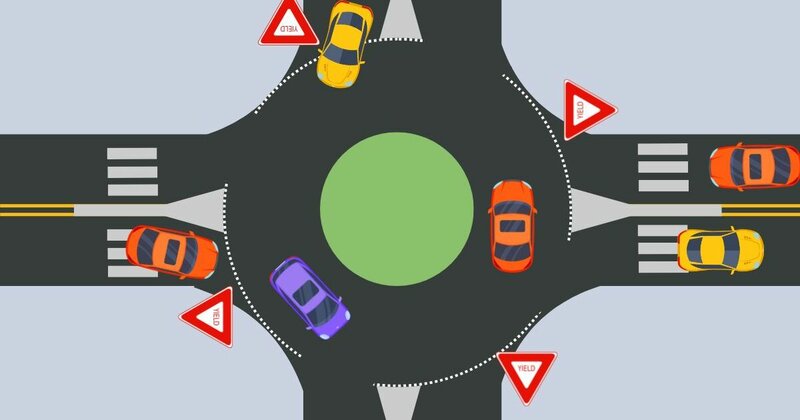Posted on Jul 17, 2024
Roundabouts are slowly making Kansas City streets more confusing — and less deadly
2.52K
6
1
2
2
0
Posted 8 mo ago
Responses: 1
Roundabouts Are Safer. So Why Does The U.S. Have So Few Of Them?
Roundabouts - the circular intersections seen all over Europe and elsewhere in the world - are said to be far safer than traffic lights. Research shows they ...
Roundabouts are effective...but require significant cultural adjustment. They are popular in UK and EU, but not as much as US.
https://youtu.be/atORPw-w83I?si=A0ndI-CHnmxW8tpu
https://youtu.be/atORPw-w83I?si=A0ndI-CHnmxW8tpu
(4)
(0)
Read This Next



 Driving
Driving Cars
Cars Safety
Safety Kansas City
Kansas City


